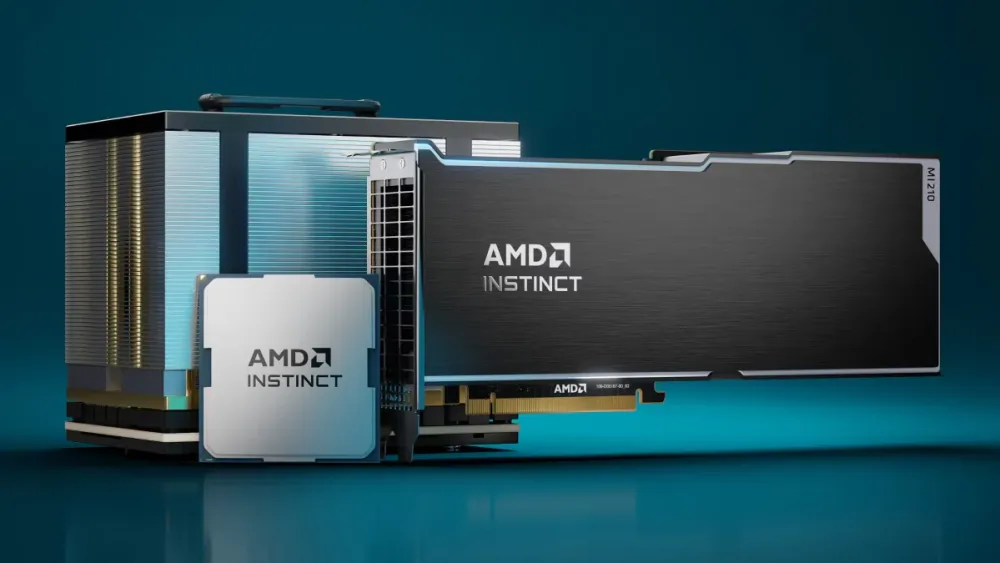
Amid the latest wave of U.S. government export restrictions on advanced chips, NVIDIA has borne the brunt of the impact, but AMD and Intel are also experiencing significant repercussions.
According to documents recently submitted by AMD to the U.S. Securities and Exchange Commission, the company may face approximately $800 million in expenses—related to inventory and procurement commitments—if it fails to secure the necessary export licenses. The affected product is the Instinct MI308 accelerator, designed specifically for data center applications.
However, compared to NVIDIA’s accelerators, which are currently in higher market demand and could lead to a recognized loss of up to $5.5 billion due to these restrictions, AMD’s projected losses appear considerably less severe. Intel, another processor manufacturer impacted by the policy shift, is also expected to experience only a limited effect, given the relatively modest market demand for its Gaudi accelerator lineup.
The tightened export controls primarily target China and regions that could serve as conduits for importing high-performance chips into China. For instance, the specially tailored NVIDIA H20 accelerator, which was previously permitted for sale within China, is now banned under the new rules. The restrictions extend to Hong Kong, Macau, and all regions listed under the D:5 arms embargo category, barring them from purchasing such products.
Taiwan Semiconductor Manufacturing Company (TSMC), however, has publicly stated that it is unaffected by the restrictions. The company also reaffirmed its expectation of maintaining a 20% growth rate this year and emphasized that it continues to enjoy strong collaborative relationships with its existing clients, noting that current orders for contract manufacturing have not seen any reductions.
The rationale behind the U.S. government’s tightened restrictions on the export of high-performance computing chips is to prevent China from leveraging such technology to develop artificial intelligence systems that could undermine U.S. national security and economic interests. By increasing export controls, the U.S. aims to block China—and any potential third-party intermediaries—from acquiring advanced chips through indirect means.


